The news of the passing away of Gustavo Gutierrez (1928-2024) must have saddened the hearts of millions of people all over the world. He is widely regarded as the “father” of Latin American Liberation Theology, and is certainly a most influential theologian, especially in the last quarter of the 20th century. The New York Times reported about the death of Gutierrez on October 23rd (updated on Oct. 24th), noting:
Gustavo Gutiérrez, the Peruvian priest and scholar who was regarded as the father of Latin American liberation theology, a far-reaching school of thought and action born of solidarity with poor and marginalized people, died on Tuesday in his apartment in Lima, Peru. He was 96.
“The cause was pneumonia, said Leo Guardado, a friend and former assistant who is now a theology professor at Fordham University.” (Gustavo Gutiérrez, Father of Liberation Theology, Dies at 96 - The New York Times, accessed on 26.10.2024).
It was my privilege to listen to him personally in one of the sessions of the Faith and Order meeting, held in 1982 near Lima, Peru, South America. I have quoted his definition of Christian theology on various occasions, which I liked especially because of the understanding of Christian theology as "a critical reflection on Christian praxis in the light of the Word."
Theology as a critical reflection on Christian praxis in the light of the Word does not replace the other functions of theology, such as wisdom and rational knowledge; rather it presupposes and needs them. But this is not all. We are not concerned here with a mere juxtaposition. The critical function of theology necessarily leads to redefinition of these other two tasks. Henceforth, wisdom and rational knowledge will more explicitly have ecclesial praxis as their point of departure and context. It is in reference to this praxis that an understanding of spiritual growth based on Scripture should be developed, and it is through the same praxis that faith encounters the problems posed by human reason. (Theology of Liberation, p. 14).
When the Latin American Liberation Theology reached India, our theologians, generally speaking I think, tended to make Christian theology rather over-simplistic, especially in the last quarter of the 20th century and the first two decades of this century. This happened by giving the impression that the socially-oriented activities aimed at social change and their narratives themselves, or that the narration of the Christian people's experience in context itself is Christian Theology, forgetting that Christian theology emerges at the confluence of the human life-experiences and situations (Sitz-im-Leben) meeting the Gospel of Jesus Christ and, thus, coming under its enlightening, scrutinizing and transforming light, without which there can be no Christian Theology.[1]
In connection with Christian theology, Gutierrez' words, "a critical reflection on Christian praxis in the light of the Word", therefore, need to be taken with all the seriousness it deserves. This clearly implies the priority of the Word of God in and for theological thinking, and is aimed at being informed of what an appropriate Christian praxis needs to be, and, in the process of moving towards it, it calls us to seek to correct it wherever necessary by bringing it under the light of the Word. This happens when the ecclesial community turns to God, with the desire to live under the influence of and by the power of the Holy Spirit, realizing the importance of walking the talk.
What is significant here for us to note is the truth that for Gutierrez the ecclesial/Christian praxis is not the criterion, but is something that has to be brought under the scrutiny and the transforming light and power of the Word, i.e., Word of God. For him, "ecclesial praxis" is the "point of departure and context," which means it is not the goal yet, towards which we need to move—the ad quem, but the point of departure and context, the ab qua. No doubt, Gutierrez lays more emphasis on church's praxis as the subject-matter of critical theological reflection, meaning theology is not just a matter of self-standing human word-construction, but has to be concerned critically with the praxis, which includes word, deed and conduct, including life-style—in other words, the totality of our being.
It must emerge as a holistic spirituality in every given context, providing the believers Gospel-based new vision and a deep sense of commitment to realize that vision, relying on God's ever-present grace, and the needed strength to be sustained in that commitment even while facing suffering and rejection for the sake of Jesus Christ and his Gospel. This is all the more important in our today's context of the institutional church in India—especially as its leaders—episcopal, presbyteral and the laity leaders—are tending to treat power-mongering and corruption as if it is the new normal, and, at all levels, cultivating a culture of silence, putting self-interest and survival instinct first that tends to drown all the rest. A critical reflection on Christian praxis—ecclesial praxis—in the light of the Word is, thus, the need of the hour.
It is, thus, clear that theology is not just identical with faith or with the revelation of God. It is a systematic, methodical and methodological reflection in the light of God’s revelation as Word, as witnessed to in the Bible, seeking to ground the ecclesial praxis on the right foundation and in the right direction wherever we are placed, by way of critically reflecting in this light. According to Clodovis Boff, also a Latin American Liberation theologian, the radical originality of the theology of liberation lies in the insertion of the theologian in the real life of the poor, understood as a collective, conflictive, and active (…) reality.” (Clodovis Boff, “Methodology of the Theology of Liberation.” In: Jon Sobrino and Ignacio Ellacuría (eds.), Systematic Theology: Perspectives from Liberation Theology (Maryknoll, NY: Orbis, 1996, p. 7).
In this regard, we have to bear in mind that we are not creating ecclesial praxis ab ovo; it is already there as a given reality, but generally speaking, in a deteriorated and distorted form in various aspects in a given situation, needing to be constantly brought under the penetrating light of God’s Word, abiding by it. Jesus said: “Blessed rather are those who hear the word of God and obey it.” (Lk. 11:28). It, thus, cannot remain only at the level of talk—even God-talk. This correct observation found expression, especially in an earlier phase of the Latin American Liberationist theology by stating that commitment is the first step and theology is the second.
This is a right, yet still, a partial understanding of the issue. For, the problem with this particular understanding of the issue, in my view, is that commitment does not just come out of the blue, as it were. Commitment takes place in a particular milieu, and on the basis of a foundational vision. Again, it is not any commitment; people have to find their way to the right and holistic kind of commitment, grow deeper in that commitment as well as in the understanding of that commitment; and, then, need to be sustained in their commitment under all circumstances. This means, there should be—and indeed there is—something prior to, and more than, commitment.
To the credit of Gustavo Gutierrez, we may note that in a later writing, he offers a correction to his own earlier overemphasis on commitment, rightly, at the same time, without denying its due importance: “Discourse on faith is a second stage in relation to the life of faith itself. This methodological statement is a central one in the theology of liberation…. Its point is simply to emphasize the fact that authentic theological reflection has its basis in contemplation and in practice. Talk about God (theo-logy) comes after the silence of prayer and after commitment…. Reflection on the mystery of God (for that is what a theology is) is possible only in the context of the following of Jesus. Only when one is walking according to the Spirit can one think and proclaim the gratuitous love of the Father for every human being.” (Gutierrez, We Drink from our own Wells, p. 34, emphasis added).
This means, theology is possible only to the extent that one actively comes to actively and meaningfully participate in the faith-life of the believing community, and seeks to express the faith of that community in “the clearest and most coherent language available” (John Macquarrie, 1919-2007) in the given context. The truth that faith, while it is indeed personal, it is also more than one’s private affair, was well recognized by Dorothee Soelle (1929-2003), a German Protestant theologian of the liberationist-feminist strand of theological thought: “Faith is certainly my personal affair, but it is always also more than just my private affair. The faith of Christianity was there before I was born, and it will be there after my lifetime. It lives in and through a society. It is the faith of the church—even if we often cannot see it because the church has been distorted to the point of being unrecognizable. But despite this the church represents continuity; it lives by remembrance and promise. It listens to the witnesses of faith and recalls them, and it hands on the promises….” (Sölle, Thinking about God, p. 5).
Since the institutional church is not the ultimate reality, but is an effective sign, nucleus, foretaste, nursery and instrument of God’s coming reign in all its eschatological fulness, when God transforms and makes all things new (Rev. 21: 5), this participation also has a critical dimension, which is required of the believing community in order to be faithful to God. This prophetic dimension is constitutive to the task of both faith-life and theologizing. So also, insofar as theology has a claim to be scientific in its semantic, logical and methodological approach to its subject-matter, it has a public responsibility also to the academia and the society-at-large in terms of a constructively critical and a dialogically interactive openness (David Tracy, 1939-).
In this connection, however, we need to bear in mind the truth that, while the function of the Word of God in bringing into theological discourse the much-needed critical dimension is undoubtedly important, this is not the only function of the Word of God, but one of its important functions. For, besides enabling us to see where corrections and changes are called for, the Word of God provides us with the way to come to a right relationship with God, with oneself, with others and with the wider creation, as well as the knowledge of the foundational vision and the awareness of the right direction in and for our view of life and way of life, presenting to us the genuine alternative to what is currently prevalent but distorted and life-thwarting.
In this connection, we may just take a brief look at Karl Barth's (1886-1968) definition of theology: "Dogmatik ist als theologische Disziplin die wissenschafltiche Selbstpruefung der christlichen Kirche hinsichlich des Inhalts der ihr eigentuemlichen Rede von Gott." [emphasis added] (KD I/1,1: “Dogmatics [i.e., Systematic Theology] as a theological discipline is the scientific self-examination of the Christian church with regard to the content of its peculiar speech about God."). For Barth, of course, the God-talk was not something that was divorced from the totality of the church's being or that of a believer, including praxis, but inclusive of it—which might have been influenced by and can be compared with the Hebrew word dābār, which, as the active word, refers to the Word-event, as Karl Barth's life itself testifies.
For Barth, Christian theological thinking was certainly not divorced from Christian praxis, who, as a young pastor of the village congregation in Safenwil, Switzerland, had actively opposed the oppressive industrialists on behalf of the workers; and later, he openly resisted the powerful and destructive Nazi ideology (National Socialism), risking his teaching position in a German university, who was dismissed from his professorial chair at the University of Bonn, Germany, in 1935, and was forced to leave Germany. It is said that he had personally mailed a copy of the Barmen Declaration to Hitler (Biography - Center for Barth Studies, accessed on 25.10.2020).
This is because, for him—as his 1961/62 winter semester lectures make it clear—the object of evangelical theology (i.e., Protestant theology) is God in the history of his deeds and theology is the human response to it ("Sie ist ja selbst Wort: menschliche Antwort naemlich." Einfuerung in die evagelische Theologie, 15, 25). This means, a genuine human response, evoked by the "history” of the deeds of God—which is never separated from the Word—cannot also be separated from or devoid of deeds. For Barth, Christian Ethics does not begin with reflection, but with hearing, as he had pointed out in his Christliche Ethik (1946): “Christian ethics begins, therefore, not with what might be called reflection. It begins with hearing…. He who would understand Christian ethics may not evade having to take his stand at least hypothetically on the strange spot from which it thinks and speaks, where man must always first of all hear, listen to God’s Word, and only then think and speak.” (God Here and Now (London and New York, Routledge, 2003), 106-107).
Barth likens Christian ethics to fruit-bearing—fruit that grows on the tree which is the history of Jesus Christ, which is the history of God’s covenant and mercy: “It is to this history that Christian ethics is related. Christian ethics is the fruit that grows on this tree. Christian ethics cannot be understood if this story is omitted or misinterpreted. For it is just this history which calls out continually to the activity of men. This history concerns man, indeed man as he lives in action. This history is the word which calls for man’s answer, which he must give with his actions. Jesus Christ calls man to discipleship, i.e., to a human life in the freedom which He gives.” (Ibid., 108).[2] Hence, Barth comes to the conclusion: “Christian work is the fruit of Christian faith. Christian law is the form of the Christian gospel, and Christian ethics is the imperative of the indicative of Christian dogmatics.
He who would understand the meaning of Christian ethics mut take care at all costs to avoid a separation here.” (Ibid., 114). Here the point that listening to the Word of God attentively and obediently where we are is not only important for a critical function, but is important through and through for the Christian existence and ecclesial life together as such, with its foundational, sustaining and direction-giving aspects as the life-giving, life-enhancing and life-transforming Word. Paul gives this a pointed expression when he says in Rom. 10:17: “Consequently, faith comes from hearing the message, and the message is heard through the word about Christ.”
Barth’s emphasis on listening first to the Word of God and only then thinking and speaking finds its echo also in his winter semester 1961/62 lectures referred to above: there under the locus of theology in the first chapter, first comes the Word; the second chapter being on theological existence concludes with faith; and the third chapter on the endangerments to theology closes with hope; and the last chapter “the theological work” culminates in love. It is only through listening to what God in and through Jesus Christ has done and continues to do and wills for the wellbeing of humanity and the wider creation, and truly internalizing it, knowing that it is all God’s grace, we, in turn, become enabled to love like God loves.
In the light of the NT, this becomes clear to us. 1 Jn. 4: 10-11 and 19 elucidates that the God of love is the prime mover in bringing us to the loving relationship with Godself, which shapes our lives in their totality, enabling us to become truly loving: “This is love: not that we loved God, but that he loved us and sent his Son as an atoning sacrifice for our sins. Dear friends, since God so loved us, we also ought to love one another…. We love because he first loved us.” (Cf. Rom. 5:8). It is, thus, God's unbounded love shown in Jesus Christ that evokes in us reciprocal love and enables us to love God and all others, and also acts as the criterion with which our love has to be seen and tested—“… Just as I have loved you, you also should love one another (Jn.13:34b).
Paul points out that this love is poured out into our hearts by the Holy Spirit (Rom. 5:5), which means, it is not our own creation. Thus, according to the NT, "love your neighbour as yourself" is not a self-standing legalistic imperative, but the possibility—and therefore also the responsibility—of the new being offered to us freely in Jesus Christ, by the power of the Holy Spirit, which is intensely conscious of the unbounded love of God shown to us, allowing it to shape our being, thinking and action.
One of the serious problems today is that of putting the cart before the horse, by legalistically demanding self-giving and self-sacrificing love from others, without helping people in the light of the Good News of Jesus Christ to become personally and collectively aware of the boundless self-giving love of God with which God loves us and others, and by actively sharing that love and the good news about the length and breadth, and hight and depth of that love to aid others existentially and socially to come to experience it in word and deed as a genuine foretaste of the Kingdom of God that is yet to come in its consummated form, where peace and justice in fullness will make home, in the very fellowship of the Triune God, who is self-giving love. Going by Barth’s imagery seen above, it is more like the bearing of good fruits in abundance by the tree that has become good by way of being grafted, to which bearing good fruits in abundance are now con-natural. This is the Christian life lived out in thankfulness and as thankfulness vis-a-vis the great deeds of love and compassion on the part of God.
As we thank God for the life and theological ministry of Gustavo Gutierrez, may the Lord continue to bless his theological ministry abundantly that it would go on bearing good fruits in abundance in decades to come, growing further and deeper in the right direction in both old and new contexts, giving rise to new insights, and finding new dynamic theological expressions for the glory of the Triune God and for the holistic liberation and fulness of life for all, including the renewal of God’s wider creation.
Rev. Dr O.V. Jathanna
Bangalore/ 27.10.2024
[1]Cf. with M.M. Thomas’ definition of Indian Christian Theology: ““Indian Christian Theology is understood here as reflections in an articulated form, on God, Christ and the Church at the point of the meeting of the Christian faith with the Indian People and their world-views, cultures and beliefs.” M.M. Thomas, in M.M. Thomas and P. T. Thomas, Towards an Indian Christian Theology: Life and Thought of Some Pioneers (Tiruvalla: Christava Sahitya Samithi, 1998), p. 1.
[2]Here the words “man” and “men” are retained, not in order to approve them, but as they are found in the original, as, at that time, the need for gender-justified language was still not clearly perceived.
Become a member
Get the latest news right in your inbox. We never spam!

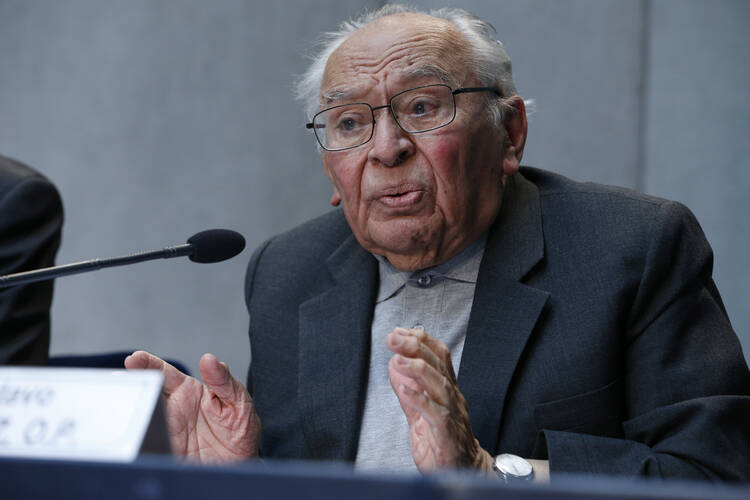
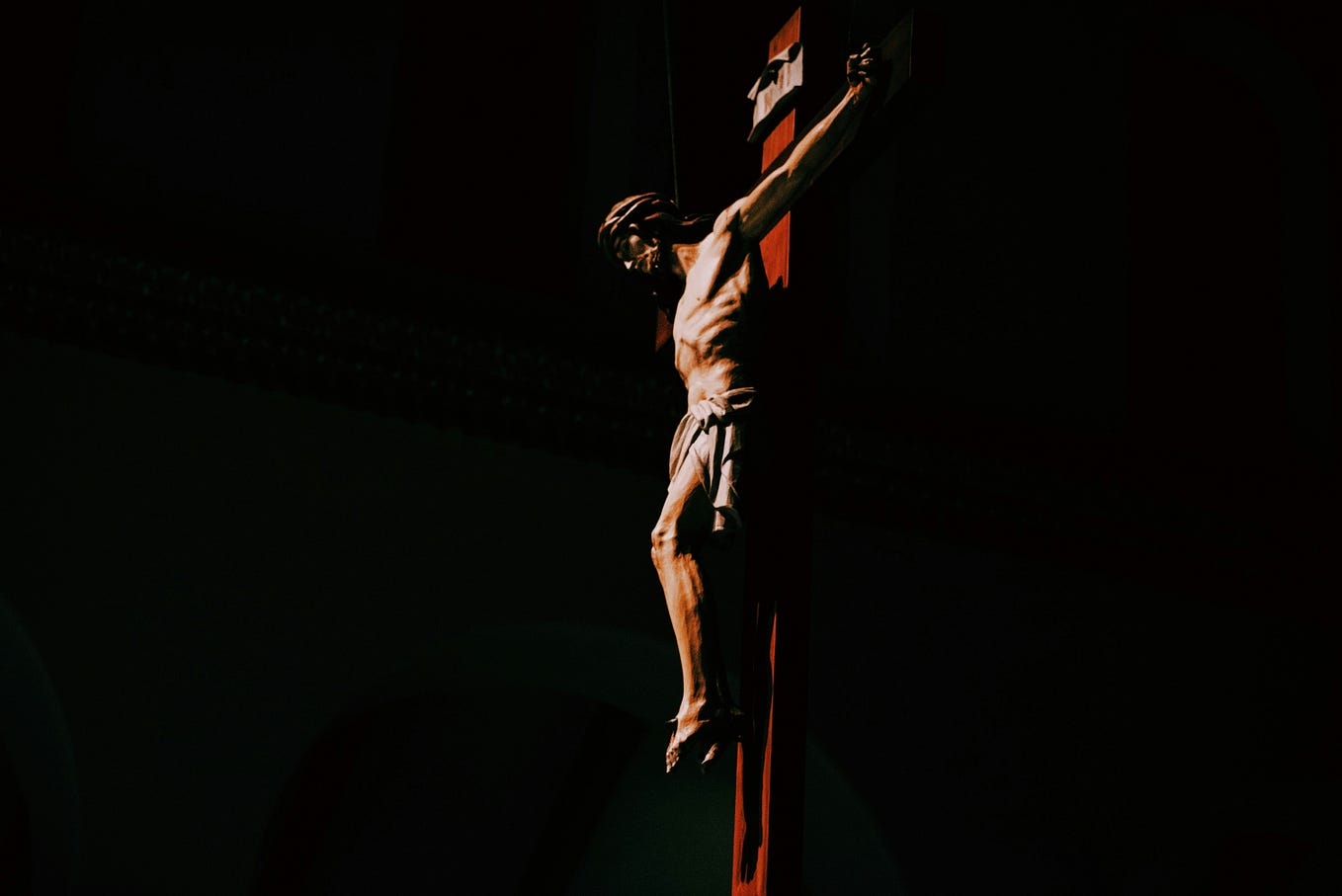
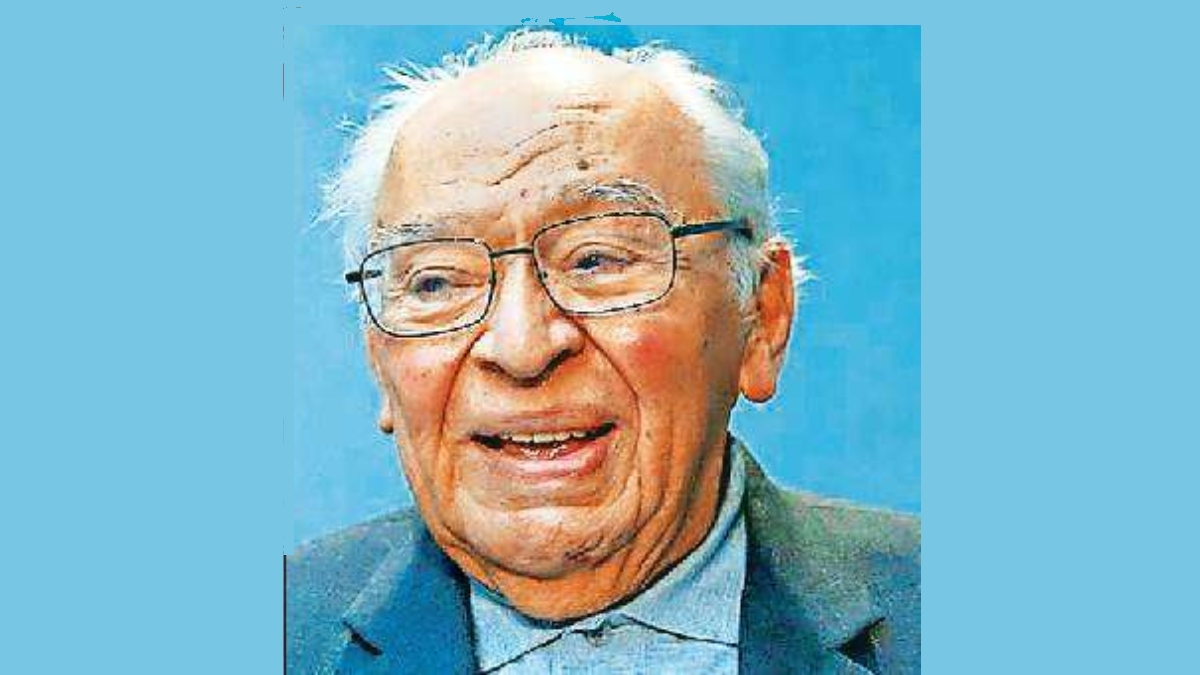
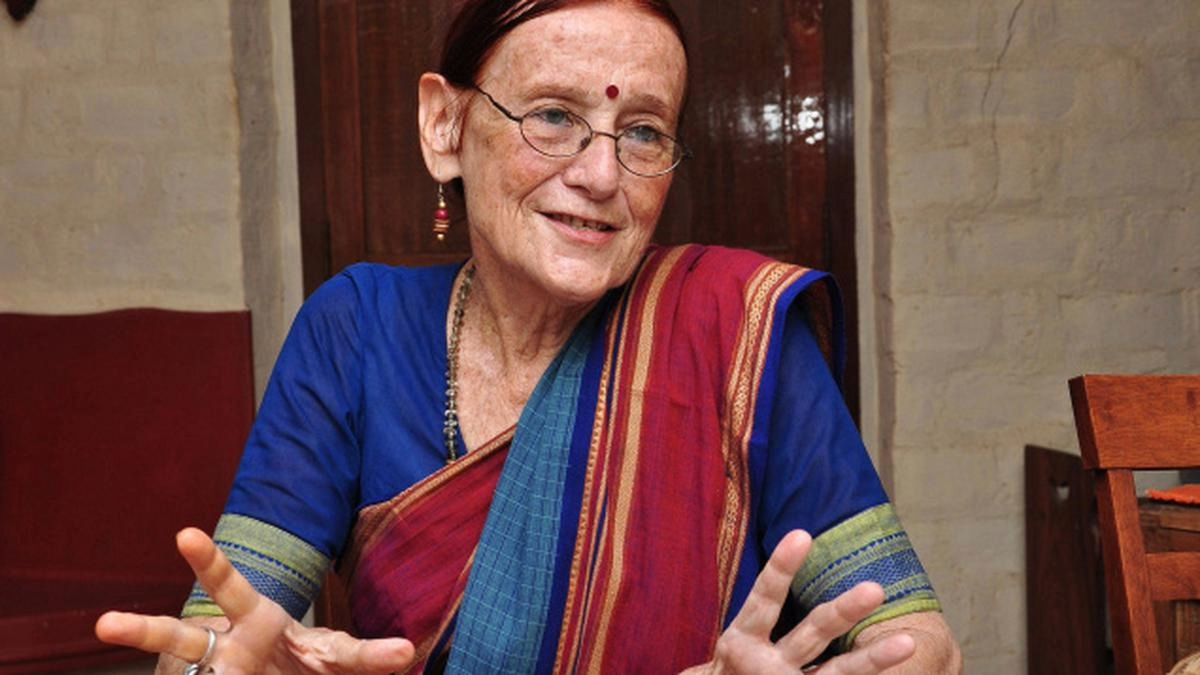
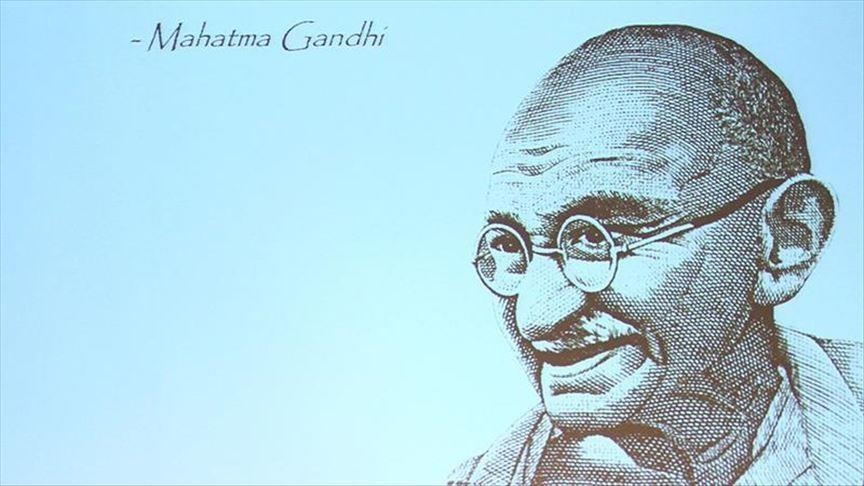
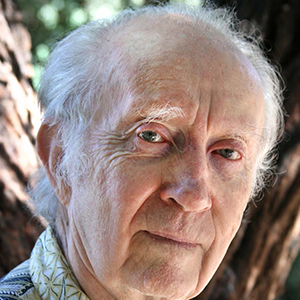
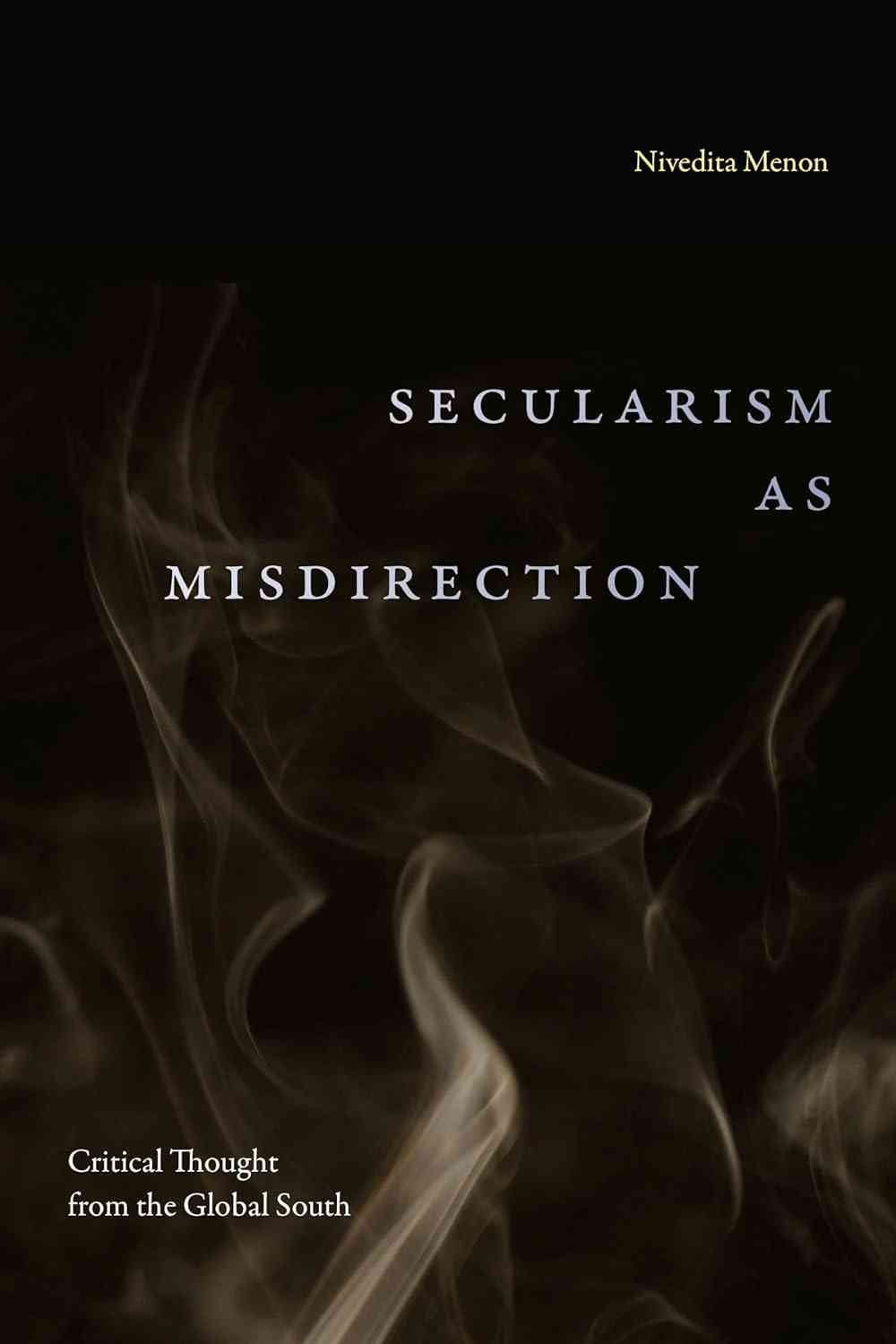

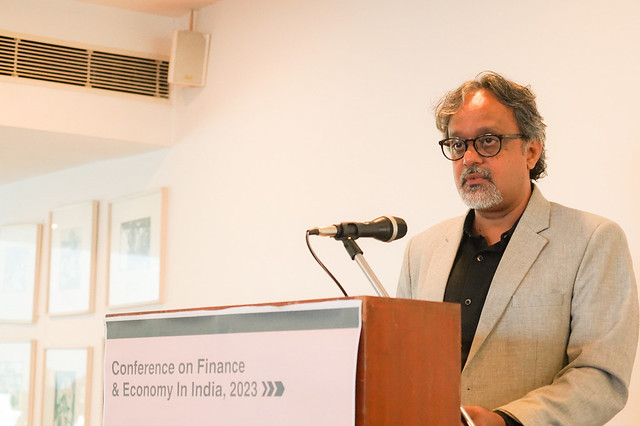


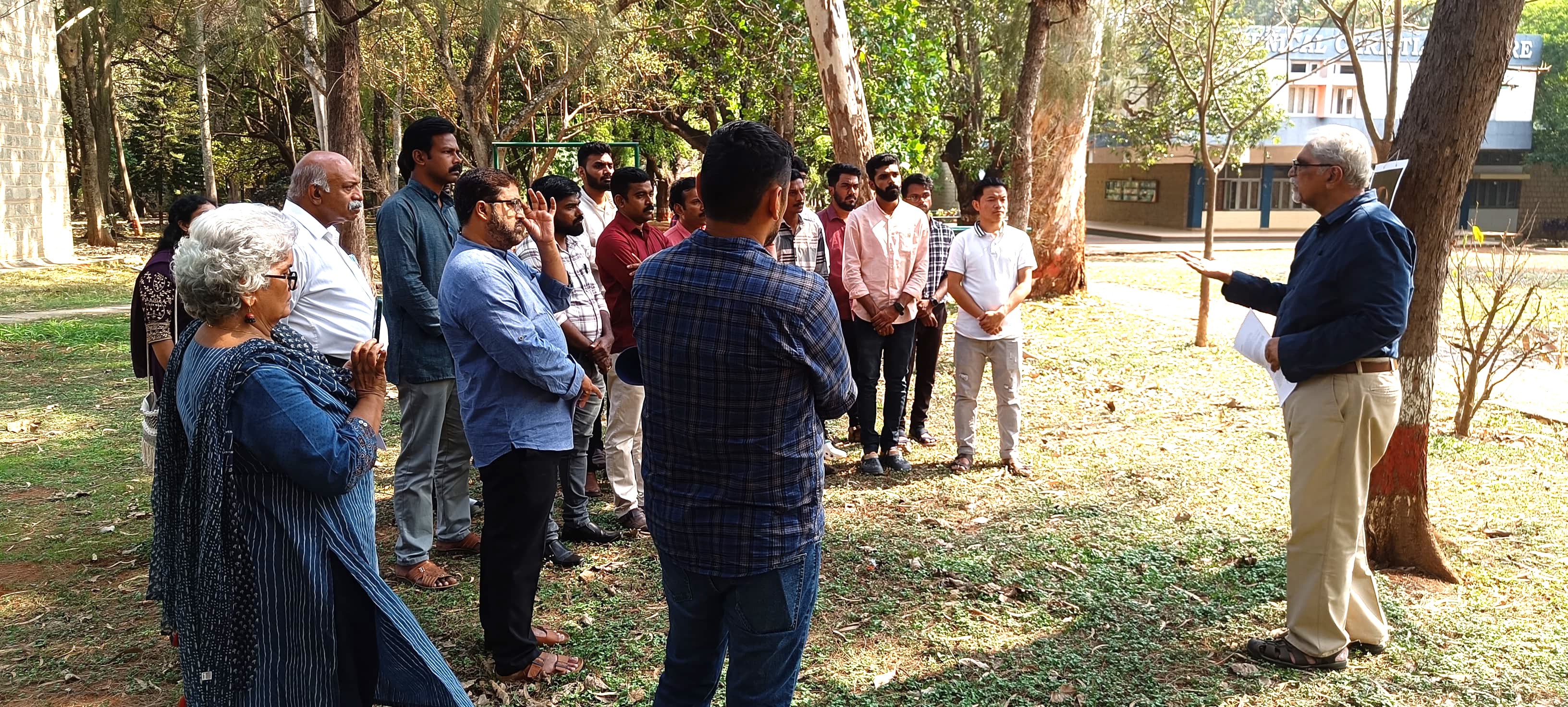
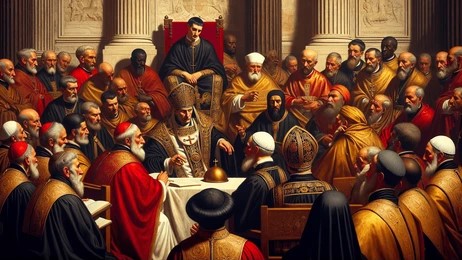
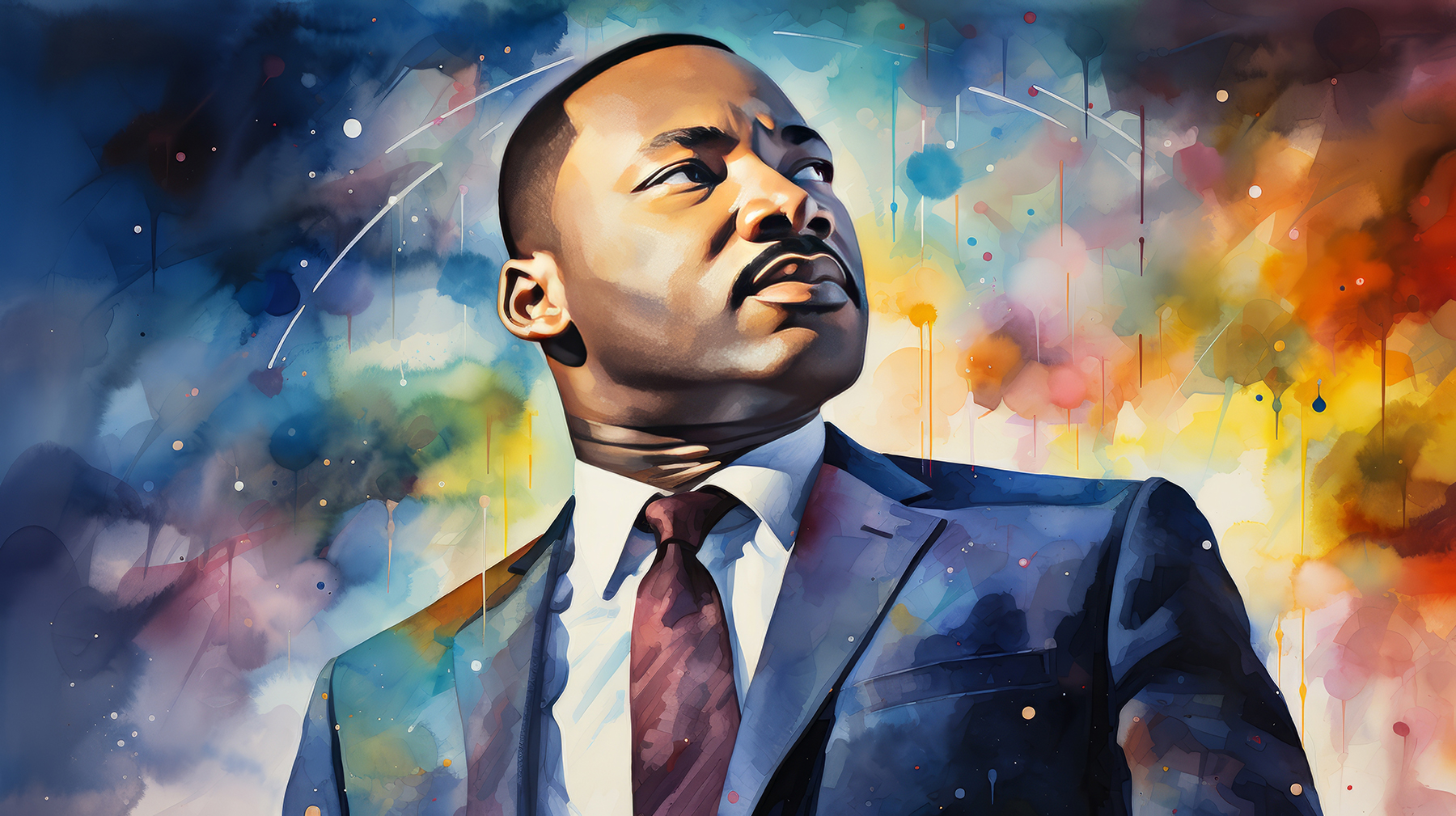
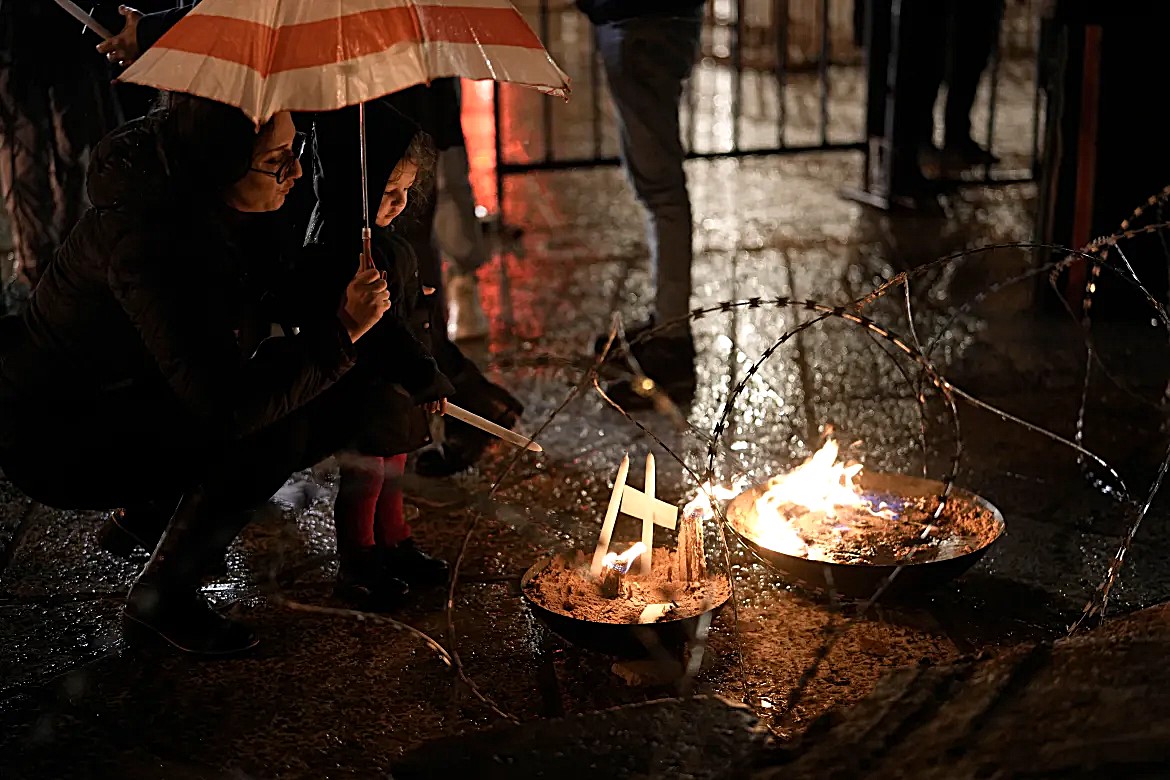
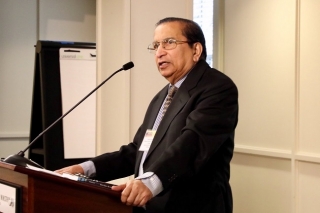
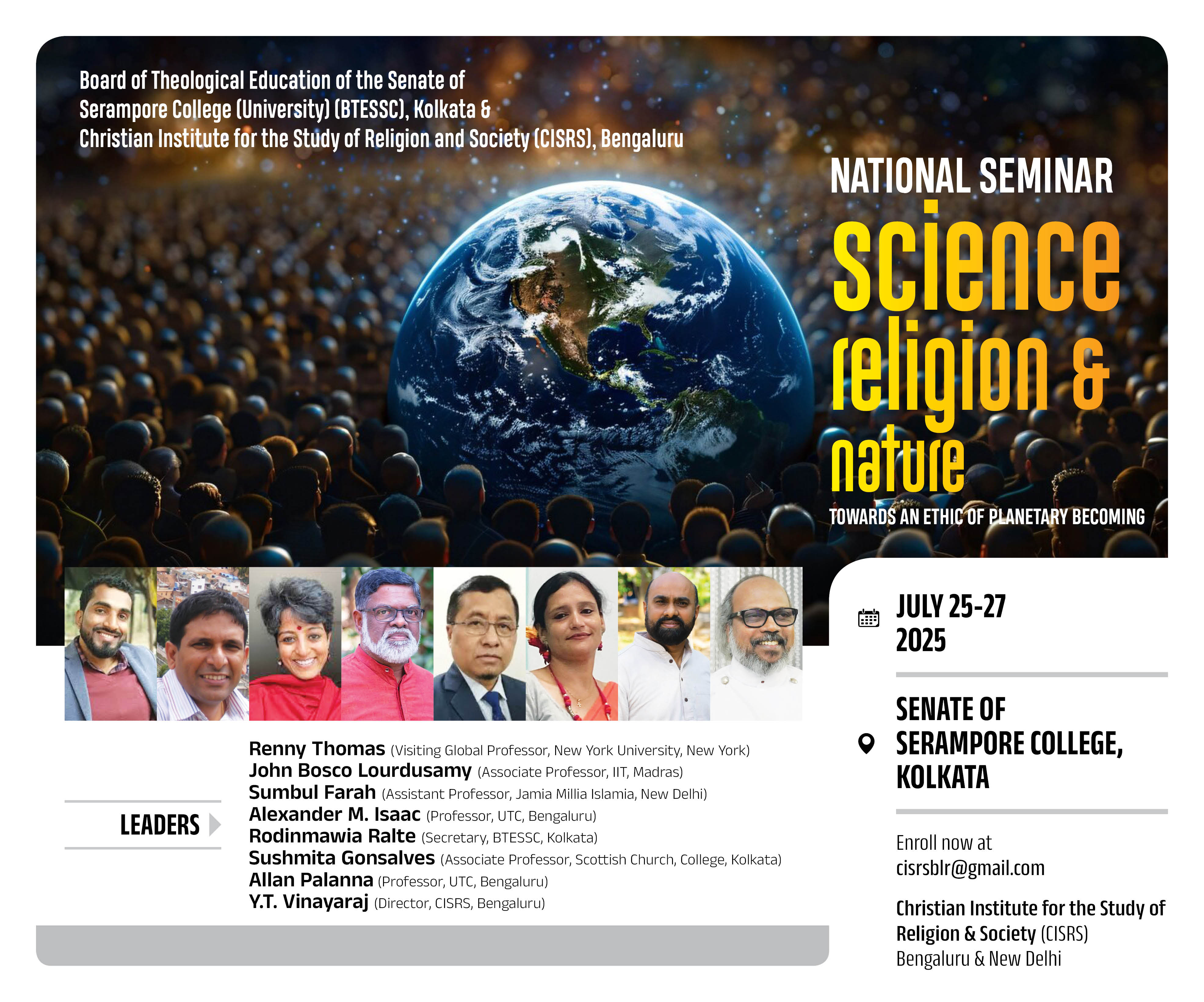

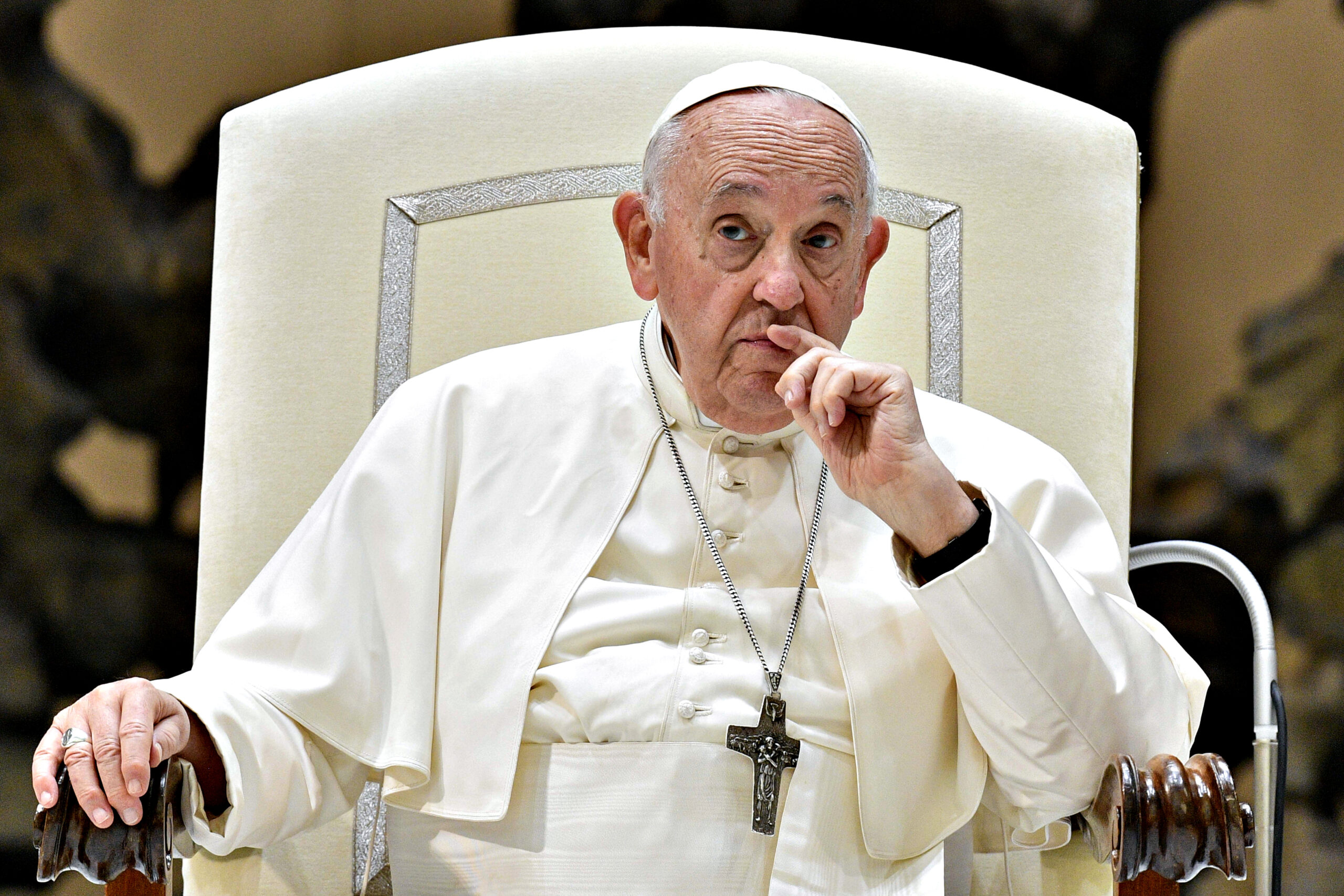



Comments
No Comments